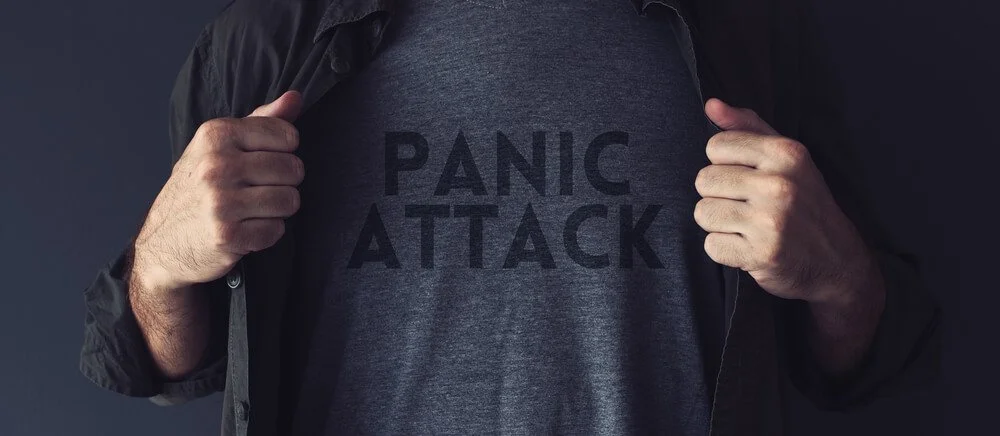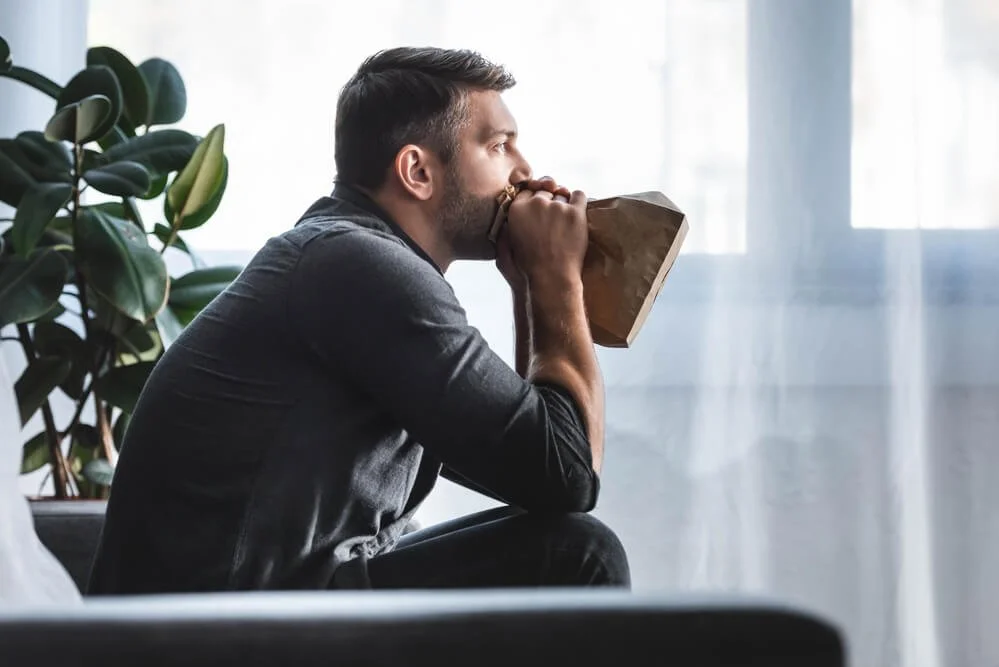Effective Tips for Coping With Panic Attacks
Panic attacks are often sudden and overpowering. As such, knowing what you should do whenever they arise can help stop them or reduce their severity.
People can’t always predict when they’ll experience a panic attack. However, having a plan of what you should do when they happen can allow a person to feel more in control and make it easy to manage panic attacks.
What Is a Panic Attack?
A panic attack is a sudden feeling of intense anxiety. A panic attack may also have physical symptoms, such as shaking, nausea, feeling disorientated, rapid, irregular heart rate, chest pain, sweating, dry mouth, dizziness, and breathlessness.
Although symptoms of a panic attack are not dangerous, they can be frightening. They can even make you feel anxious and as if you’re experiencing a heart attack, or that you’re going to collapse or possibly die. Panic attacks often last around 5-30 minutes.
Why Do Panic Attacks Happen?
People experience panic attacks as they may seem to start without any warning signs or for no reason. It can be very challenging for people when they’re experiencing them frequently.
The reasons you are experiencing panic attacks are not always clear. That said, there are common factors that could make people more prone to have them:
Social Anxiety
Anxiety & Panic Disorders
Trying to Cope After a Loved One Dies
Stress from Exams or Family Issues
Some Health Complications
Difficult Experiences or Memories
Some people experiencing panic attacks may feel like they need to avoid situations or certain places. However, doing this may make them worse.
Tips and Strategies for Coping with Panic Attacks
We’ve put together useful tips to help regain control, minimize or and treat panic attack symptoms.
Remember That It Will Pass
If you’re experiencing a panic attack, you should remember that those feelings are temporary and will cause no physical harm, regardless of how scary it feels at the moment.
Try acknowledging that it’s a short duration of concentrated anxiety, and it will be over soon.
Take Deep Breaths
Panic attacks may cause rapid breathing, and you can have shallow breaths because of chest tightness. This kind of breathing can worsen feelings of anxiety.
Try breathing slowly and deeply, while focusing on every breath. Always breathe deeply from your abdomen, filling your lungs gradually and steadily as you count to 4 on the inhale and the exhale.
Deep breathing can worsen panic attacks for some people. In such situations, the person may try concentrating on doing something they like.
Tell Someone
If your panic attacks regularly happen in the same environment, it’s wise to inform someone and to let them know the kind of support they could provide if it occurs again.
And if an attack occurs in public, it can help to tell another person. They can locate a quiet spot and stop others from crowding in.
Learn Your Triggers
A panic attack might often be caused by the same things, e.g., enclosed spaces, crowds, or money issues.
When coping with anxiety or panic attacks, people should learn to identify or avoid such triggers, you can lower the frequency and intensity of what you experience.
Consider Professional Therapy
Although panic attacks may happen unexpectedly and have a huge effect on your daily life, there are methods of managing them. People with panic disorder should also find the best treatment for their panic or anxiety disorder.
For professional mental health therapy, contact Reframe Counseling Services. We can help you create a suitable strategy to alleviate symptoms and minimize the impact.


